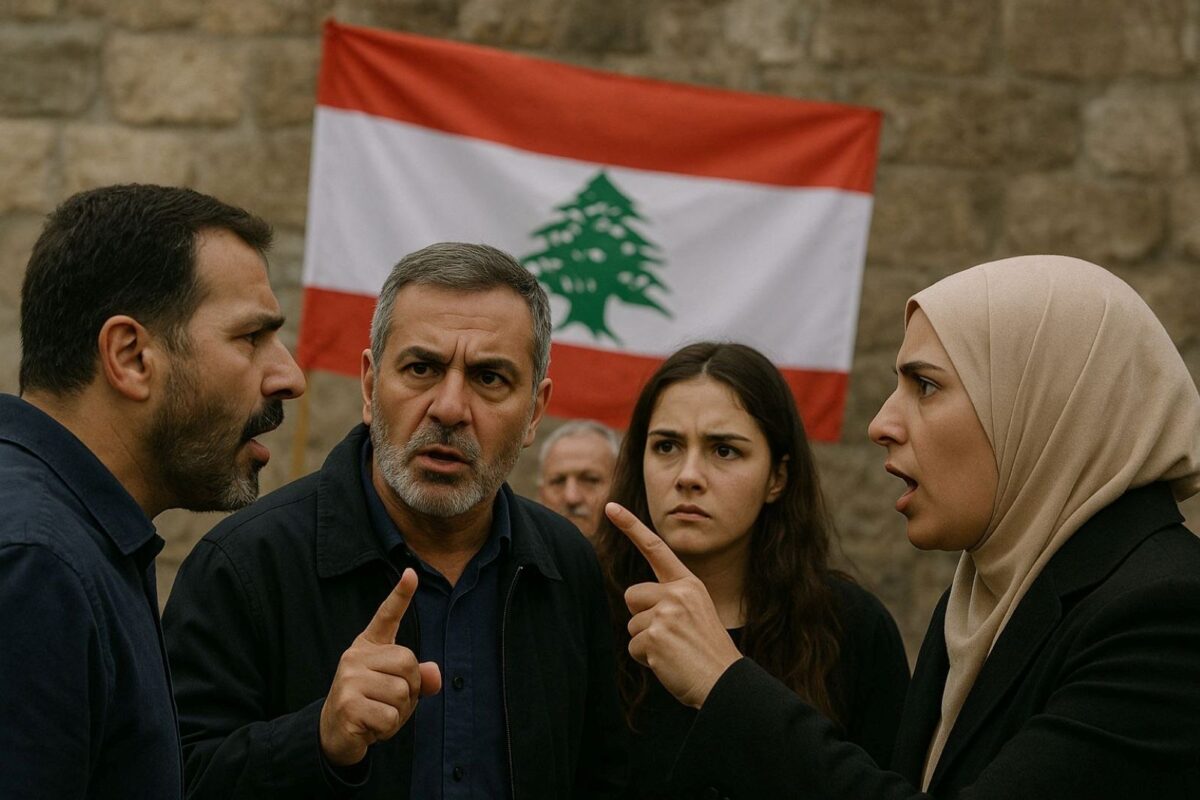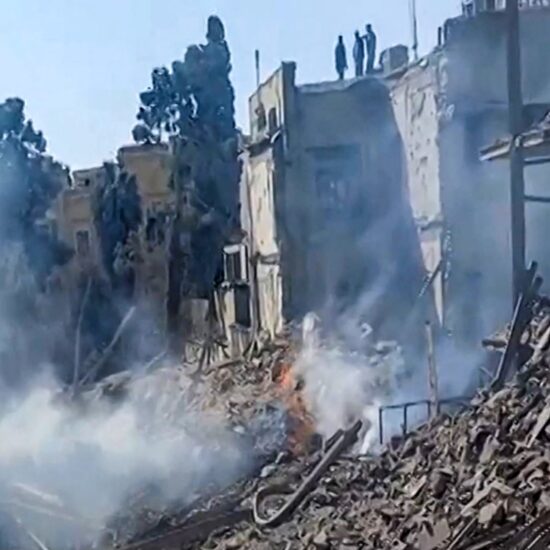
The controversy surrounding Sheikh Sami Abi Mona’s recent remarks—that “some physical and verbal violence can be positive”—is not an isolated theological slip. It is a revealing moment that exposes a deeper identity struggle within the Druze community in Lebanon, and the political calculations that have shaped that struggle for decades.
For anyone familiar with Druze doctrine, there is no ambiguity: the faith does not sanction violence within the household. Druze ethical philosophy, rooted in aql (reason), self-discipline, and mutual responsibility, treats coercion as evidence of ignorance rather than strength. The spiritual tradition emphasizes restraint, moral elevation, and the primacy of intention, not domination. So how did a senior religious authority arrive at a position that resonates more with classical fiqh discussions of “disciplinary force” than with any Druze metaphysical text?
To understand this, we need to look beyond the sheikh and toward the political identity architecture that has shaped Druze public life, most notably under the long stewardship of Walid Jumblatt.
A Long Project of Arab-Islamic Framing
For at least thirty years, the Progressive Socialist Party (PSP) leadership has pursued a strategic repositioning of the Druze community: pulling it closer to the Arab-Islamic cultural field, presenting the Druze as an Islamic sect, and downplaying theological or philosophical differences that historically distinguished them from neighboring traditions.
This was not an accident. It was a survival strategy, one meant to secure alliances, avoid marginalization, and integrate the Druze into the dominant moral vocabulary of the region. In an environment where sectarian legitimacy depends heavily on religious acceptance by majority communities, embedding Druze identity within an Arab-Islamic framework offered a political shield.
However, such political strategies come with unintended consequences. When the community’s leadership repeats that the Druze are an Islamic sect, they implicitly invite Islamic jurisprudential assumptions—many of which contradict the Druze’s own ethical teachings—into the communal discourse.
This is precisely what surfaced in Abi Mona’s statement.
Borrowing the Language of the Majority
His logic—that certain forms of physical and moral “violence” may be corrective or deterrent—does not exist in Druze scripture. But it is entirely consistent with classical Sunni and Shi‘a jurisprudence, particularly interpretations of the traditional concept of ta’dīb (disciplinary correction).
In other words, Abi Mona spoke in a language borrowed from outside the Druze tradition, not from within it.
This matters immensely. When a minority community imports the normative frameworks of the majority—not the best of them, but the most patriarchal ones—it risks reshaping its own moral foundations. Violence becomes tolerated under the pretext of “discipline”, and patriarchal authority becomes dressed as legitimate religious doctrine.
The Political Hypocrisy
What makes the current moment even more revealing is the reaction among PSP-aligned figures. These are the same voices who have spent years circulating Jumblatt’s declarations that the Druze are “part of the Arab-Islamic identity”. Yet suddenly, when confronted with a patriarchal formulation that stems precisely from that adopted framework, they insist:
“This is not our doctrine.”
“We do not accept violence.”
“This is not how we are taught.”
But they avoid naming Abi Mona directly.
This selective outrage reflects a familiar political instinct: embrace the identity narrative when it serves coalition-building, and disown its implications when they become socially costly. The message is condemned, but the messenger—whose authority rests on political alignment—is left untouched.
The Risk of Losing Theological Ground
For a community that historically relied on internal discipline, spiritual equality, and a unique philosophical approach to ethics, this drift is dangerous. It collapses distinctions that gave the Druze tradition its depth and resilience. It alienates younger generations who already view religious institutions with skepticism. And it exposes the community to the very patriarchal interpretations it never embraced.
The Druze did not survive a thousand years by imitation. They survived through intellectual rigor, ethical restraint, and a distinct identity that resisted both persecution and dogma.
A Moment for Clarity
The path forward requires courage: a clear stand from political and religious leadership against the legitimization of domestic violence; a reaffirmation of Druze doctrinal principles; and an honest reckoning with the identity narrative that brought us here.
Minorities do not protect themselves by mimicking the strongest voice in the room. They protect themselves by knowing who they are, and by refusing to trade their ethical heritage for political convenience.
Ramzi Abou Ismail is a Political Psychologist and Senior Research Fellow at the Institute for Social Justice and Conflict Resolution at the Lebanese American University.
The views in this story reflect those of the author alone and do not necessarily reflect the beliefs of NOW








